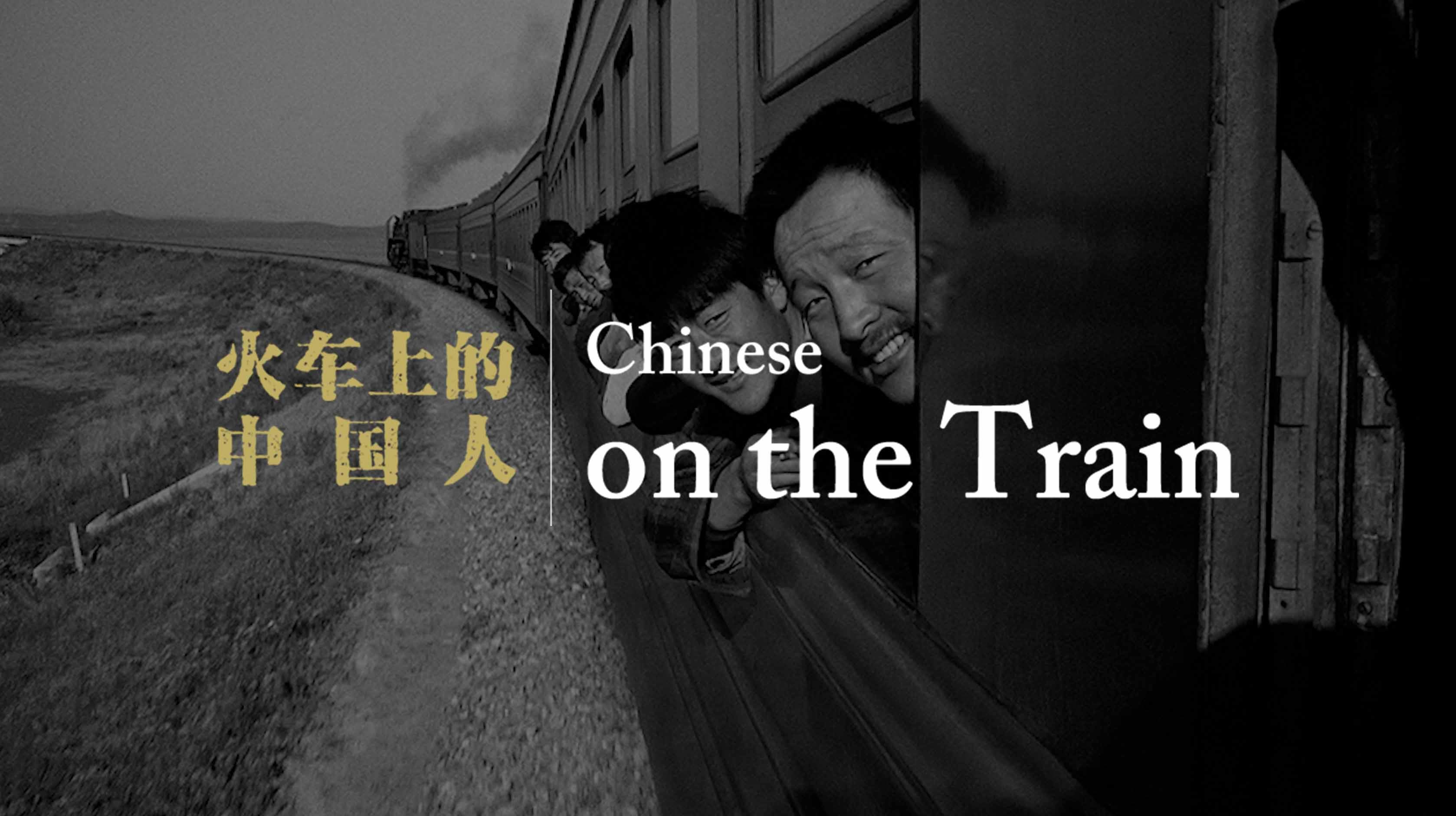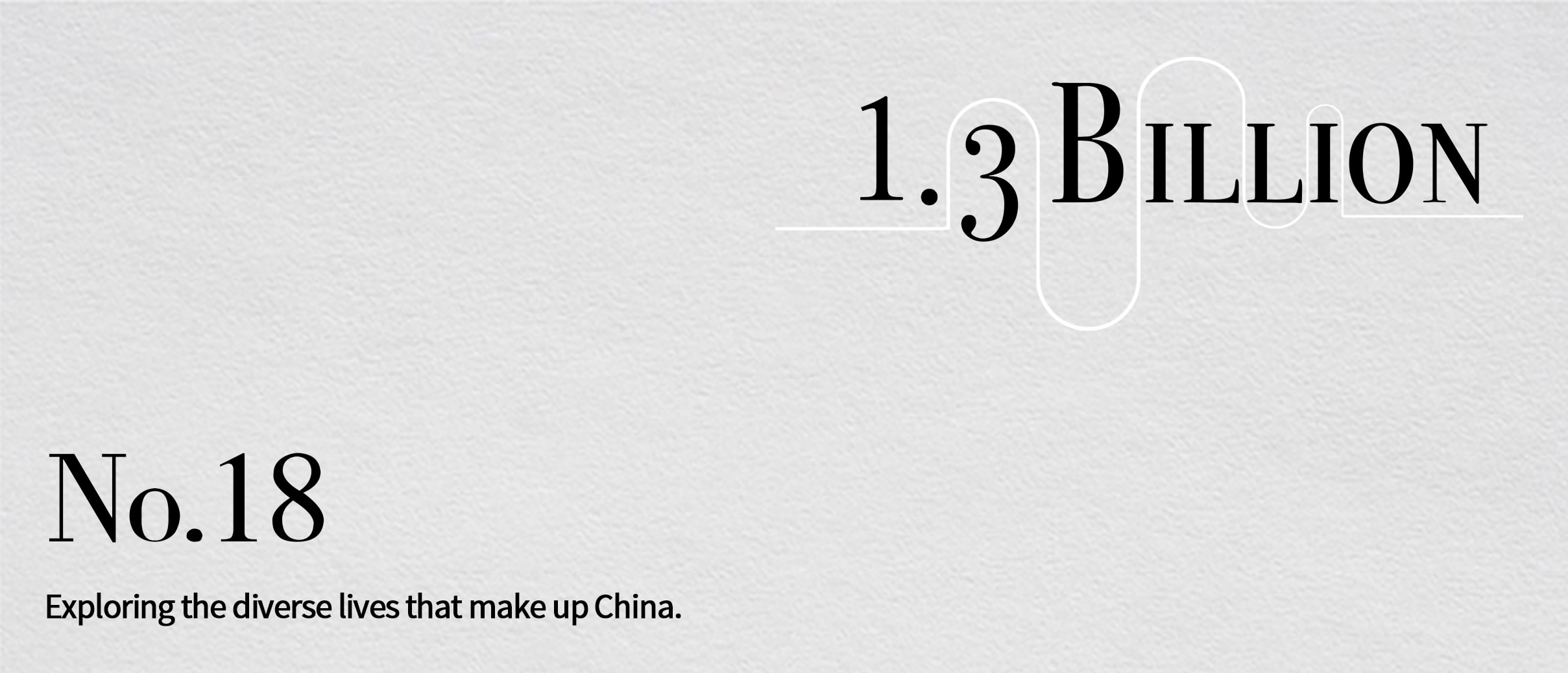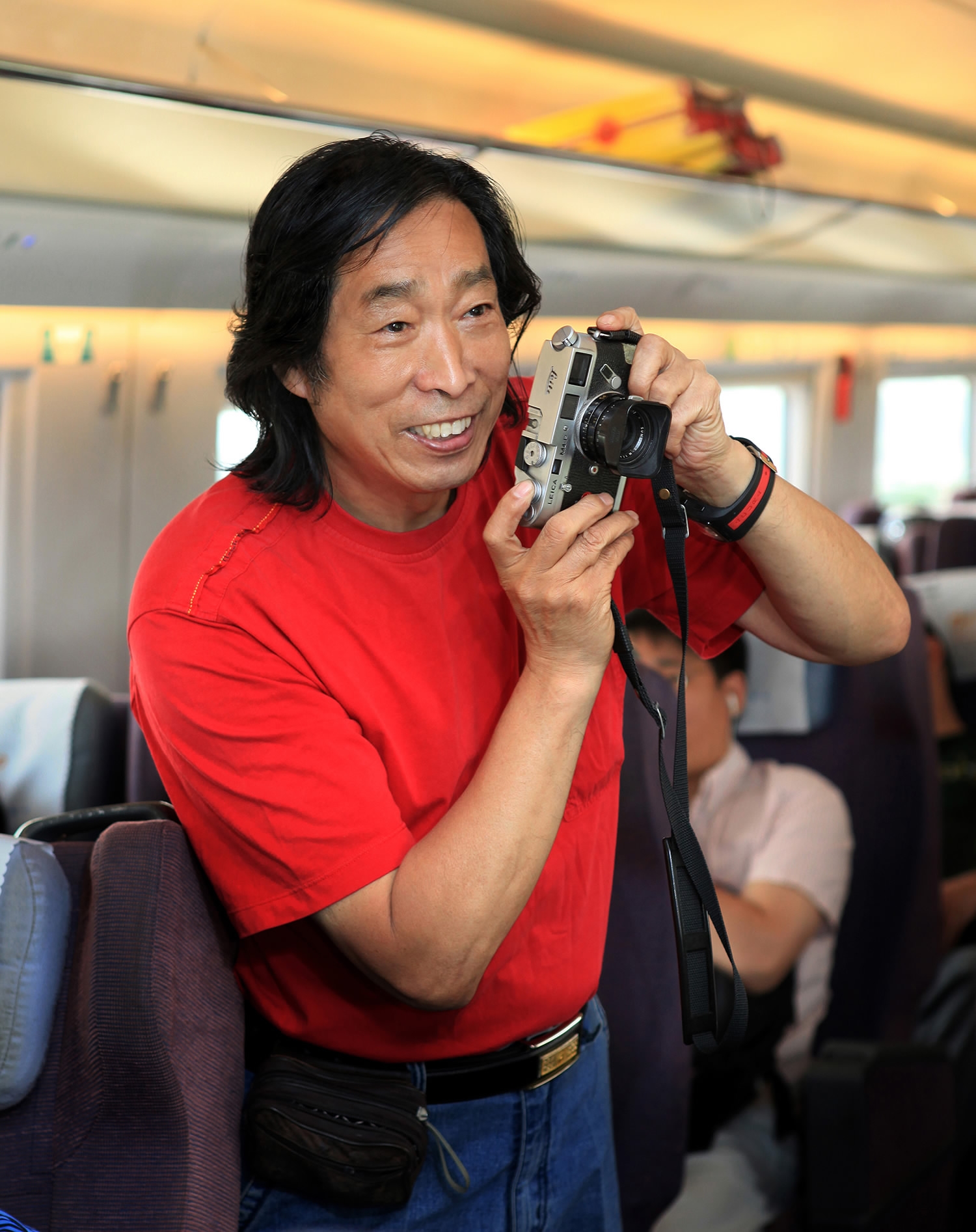When Wang Fuchun steps inside a train carriage, he pays no mind to where his seat is, but instead directs his lens towards the faces that inhabit the train.
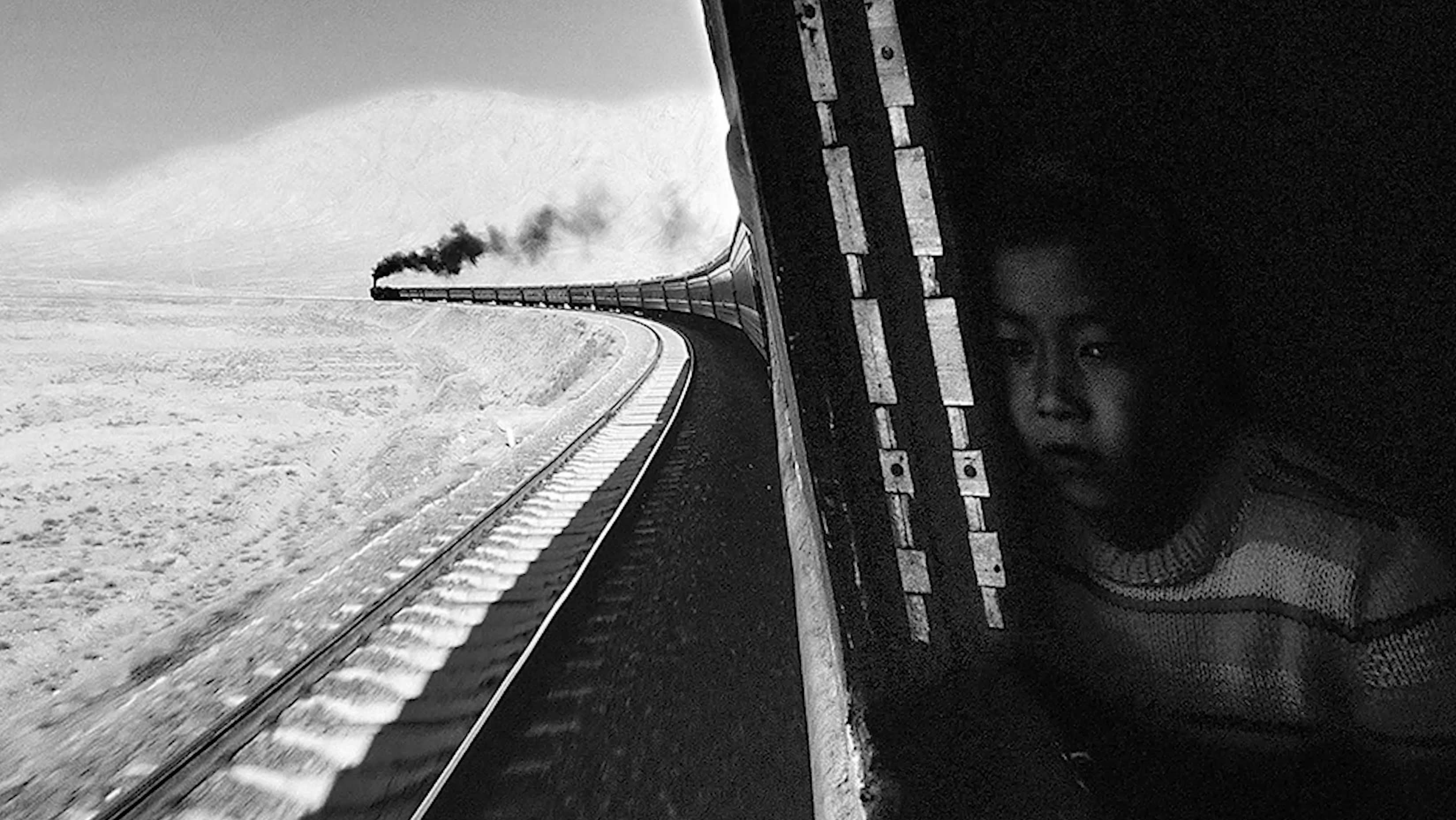
A child staring out the window of a train. / Wang Fuchun
A child staring out the window of a train. / Wang Fuchun
He has been doing this for over 30 years.
Wang Fuchun was destined for the railway. After graduating from the photography department at Harbin Normal University, he began to work in the railway system. One day, his superior asked him to take photos for the workers. This was the beginning of his career as a professional photographer.
Over the past three decades, he has captured travelers' lives, and with it the traces of what society looked like at various moments in time.
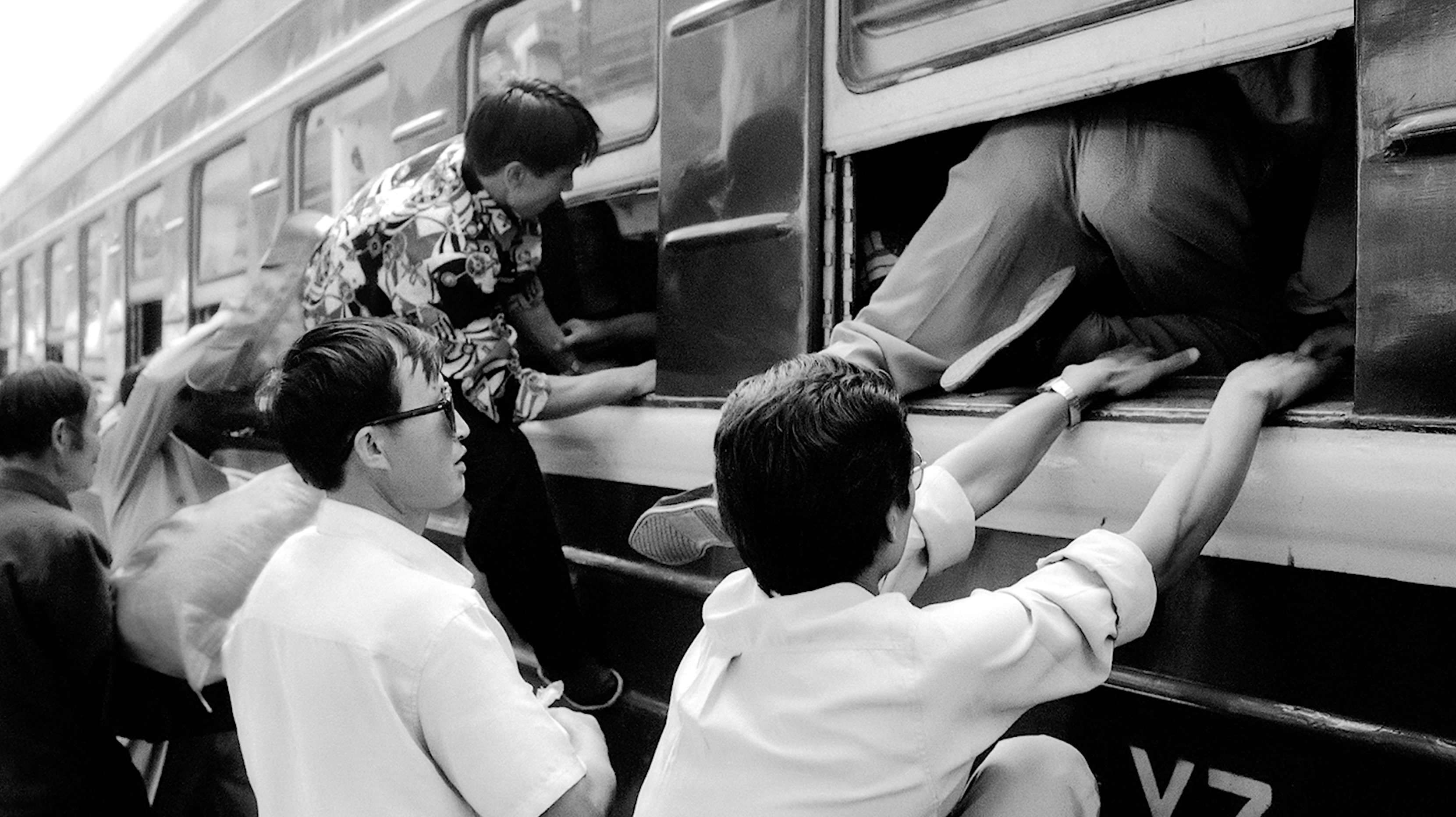
During the 1980s and 90s, "green trains" had open windows, which passengers had to climb through. / By Wang Fuchun
During the 1980s and 90s, "green trains" had open windows, which passengers had to climb through. / By Wang Fuchun
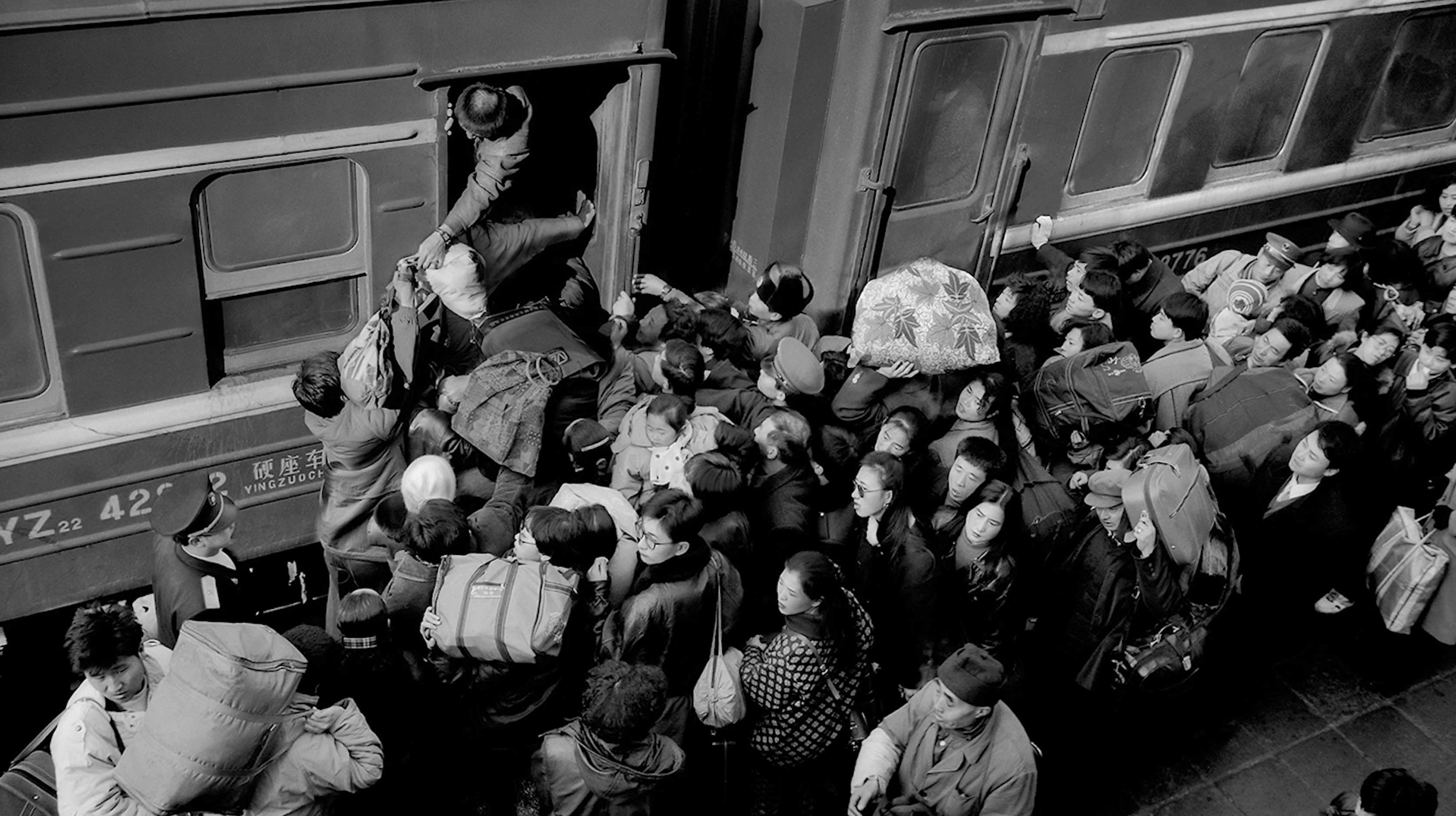
Migrant workers in the 1980s and 90s during the rush of migrant rural labor. / By Wang Fuchun
Migrant workers in the 1980s and 90s during the rush of migrant rural labor. / By Wang Fuchun
During the 1980s and 90s, when waves of migrant rural workers traveled to find work, the steam locomotives carried whole communities of people leaving and returning to their hometown. During Spring Festival travel rushes, it wasn't even possible to get on the train through the doors, forcing people to climb through the windows. But Wang's photos show people looking delighted – the passage of going home by train was itself worth celebrating.
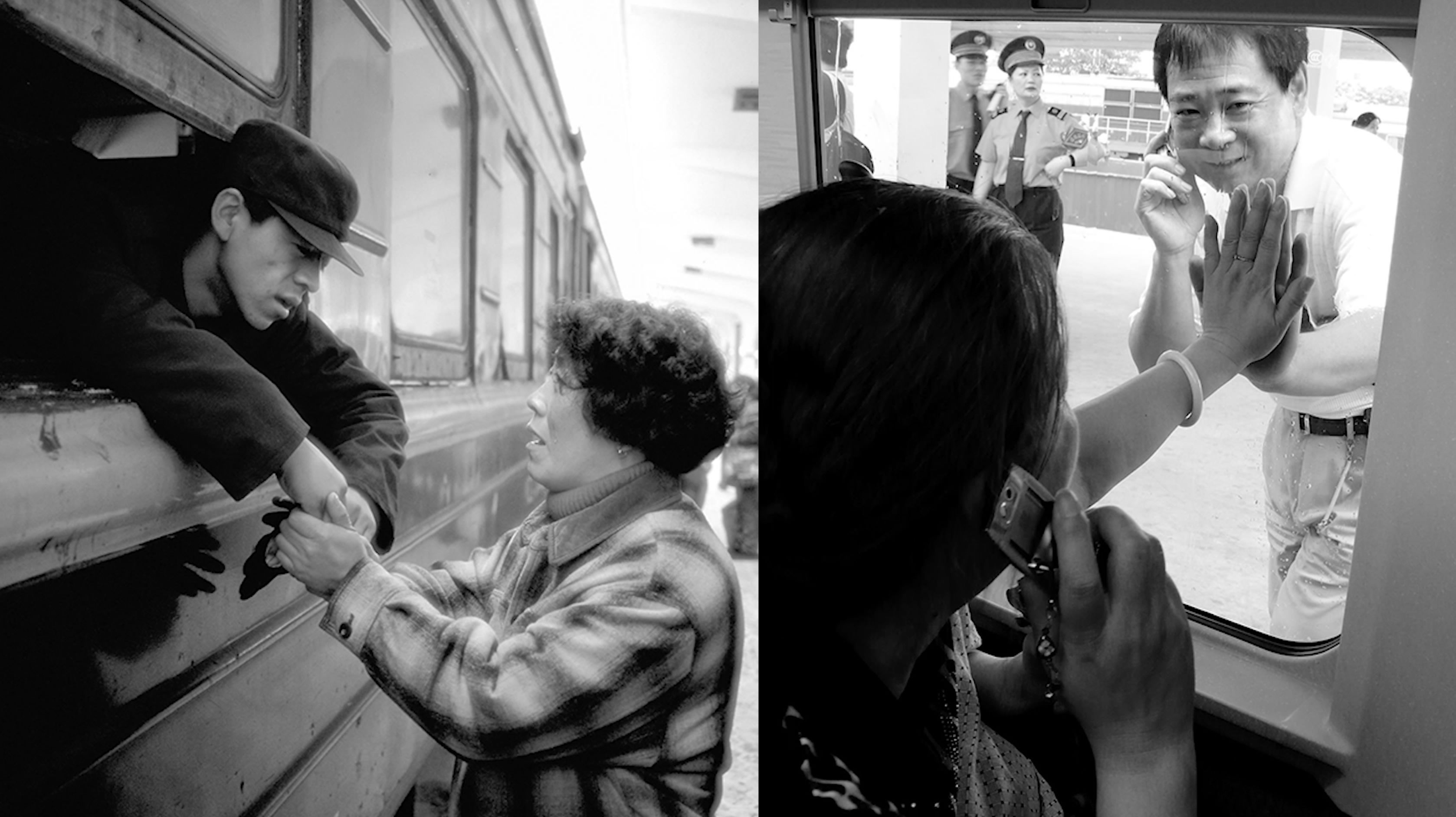
People saying their good-byes outside the train / By Wang Fuchun
People saying their good-byes outside the train / By Wang Fuchun
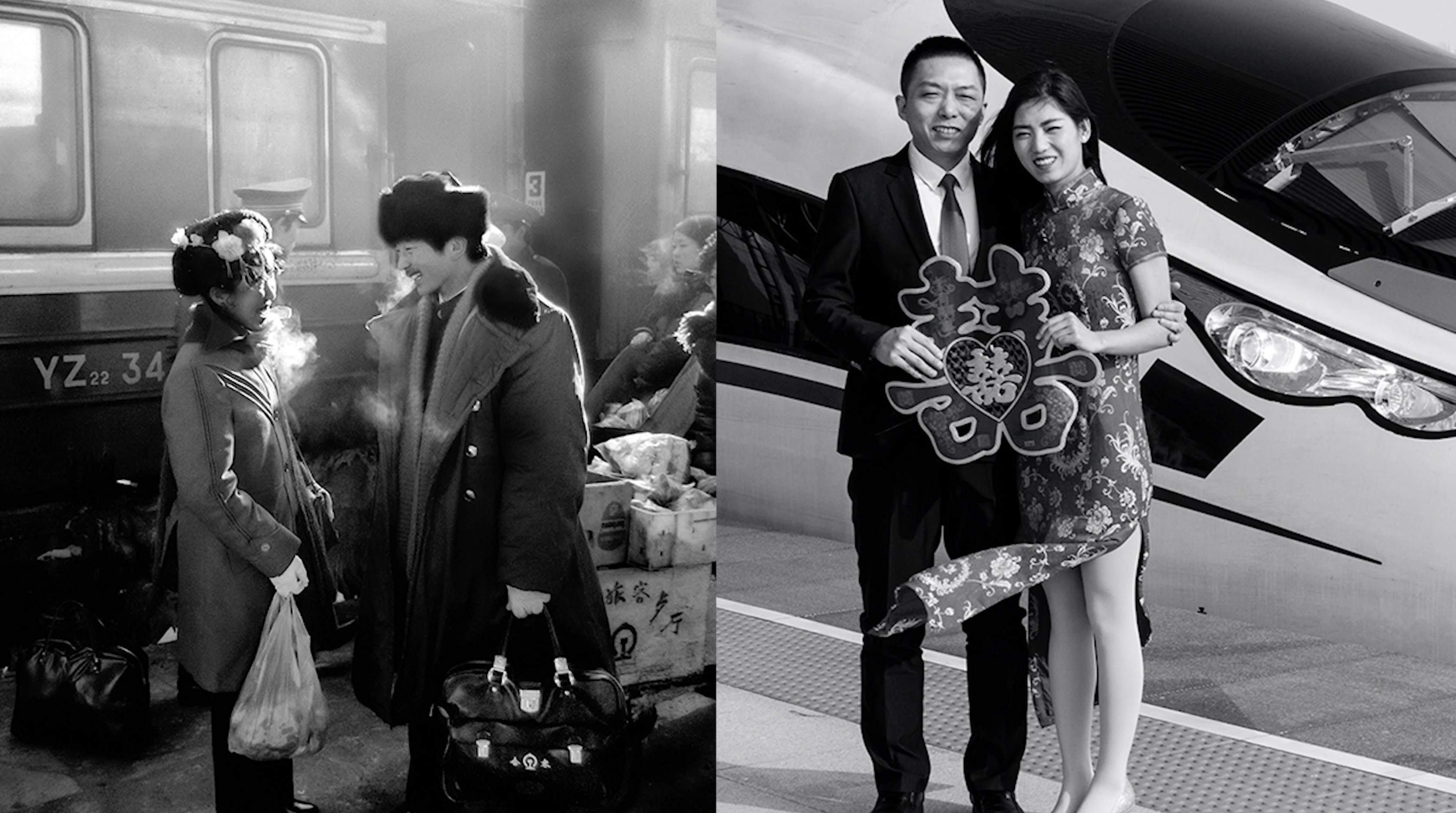
A portrait of couples from different eras before their journeys. / By Wang Fuchun
A portrait of couples from different eras before their journeys. / By Wang Fuchun
Wang describes trains as spaces that are like temporary micro societies – travelers from all across the country, speaking different dialects must share a single space together.
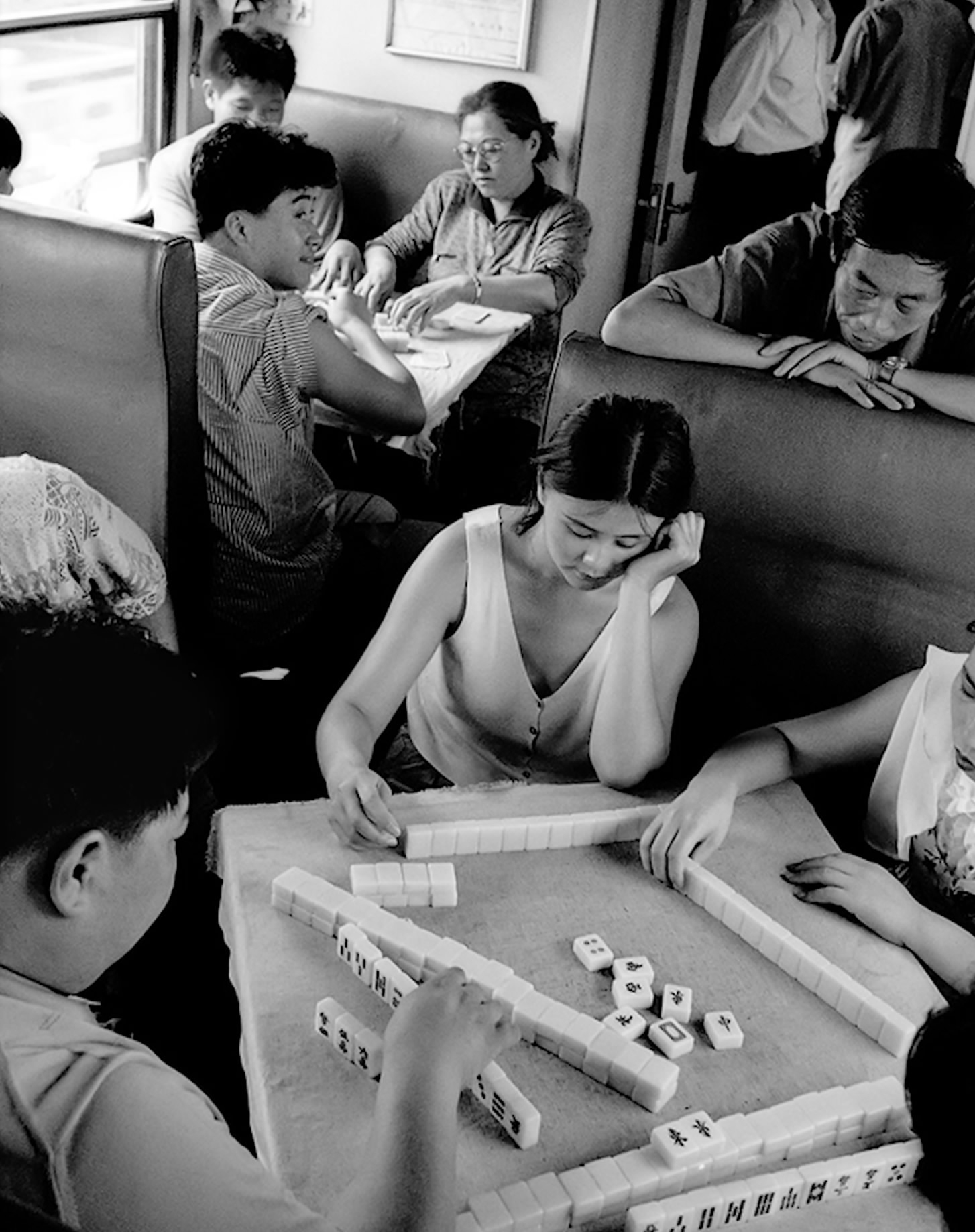
Mahjong was a perfect occasion for strangers to come together and play. / by Wang Fuchun
Mahjong was a perfect occasion for strangers to come together and play. / by Wang Fuchun
Wang's focus on people reflects his belief that every photo is a story, and every person has a story to tell. He has an intimate and poetic approach to photography that turns each photo into a story.
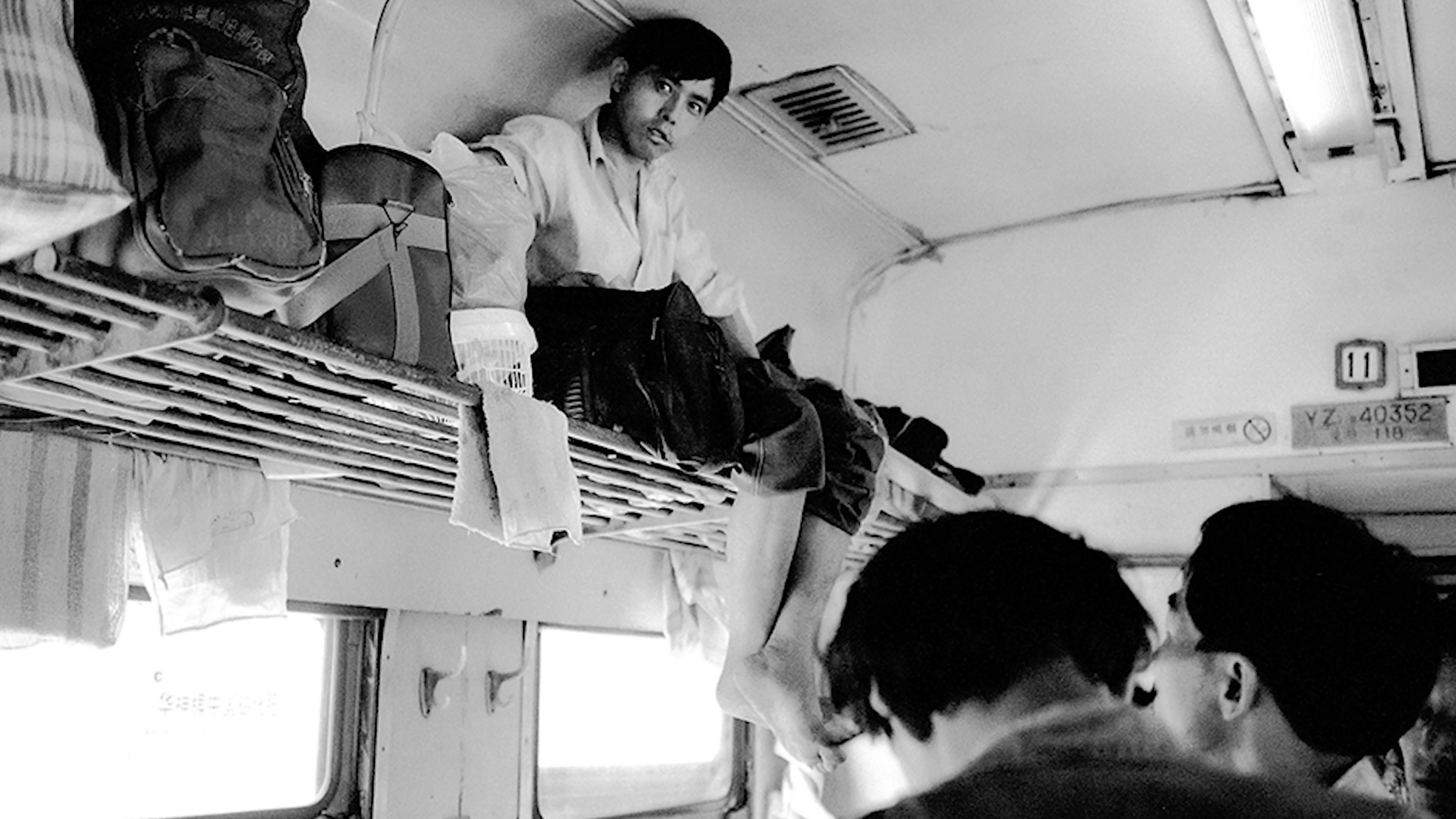
Men sitting in the baggage racks in a crowded train. / By Wang Fuchun
Men sitting in the baggage racks in a crowded train. / By Wang Fuchun
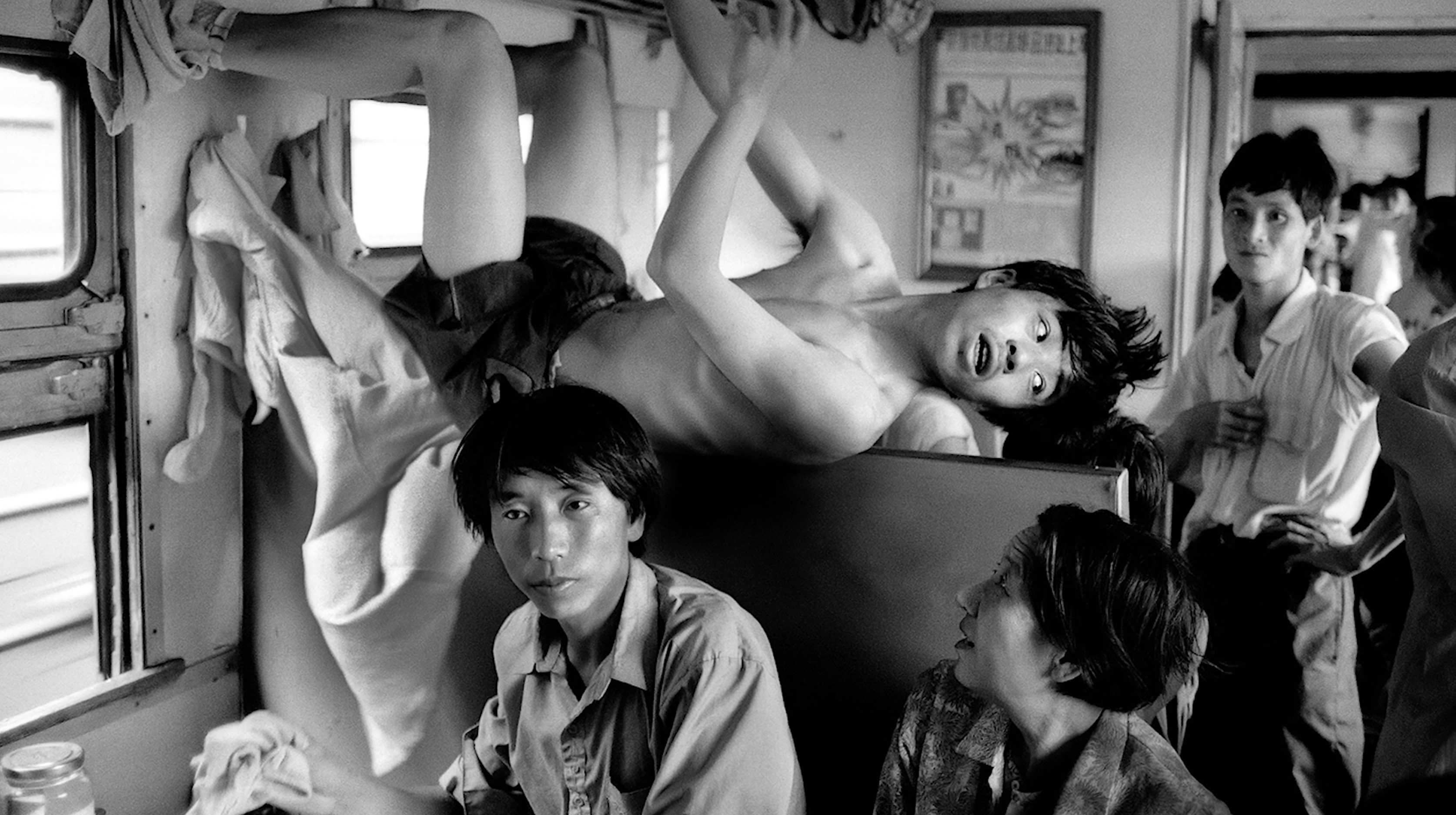
A young man's expression during an especially hot train ride. / By Wang Fuchun
A young man's expression during an especially hot train ride. / By Wang Fuchun
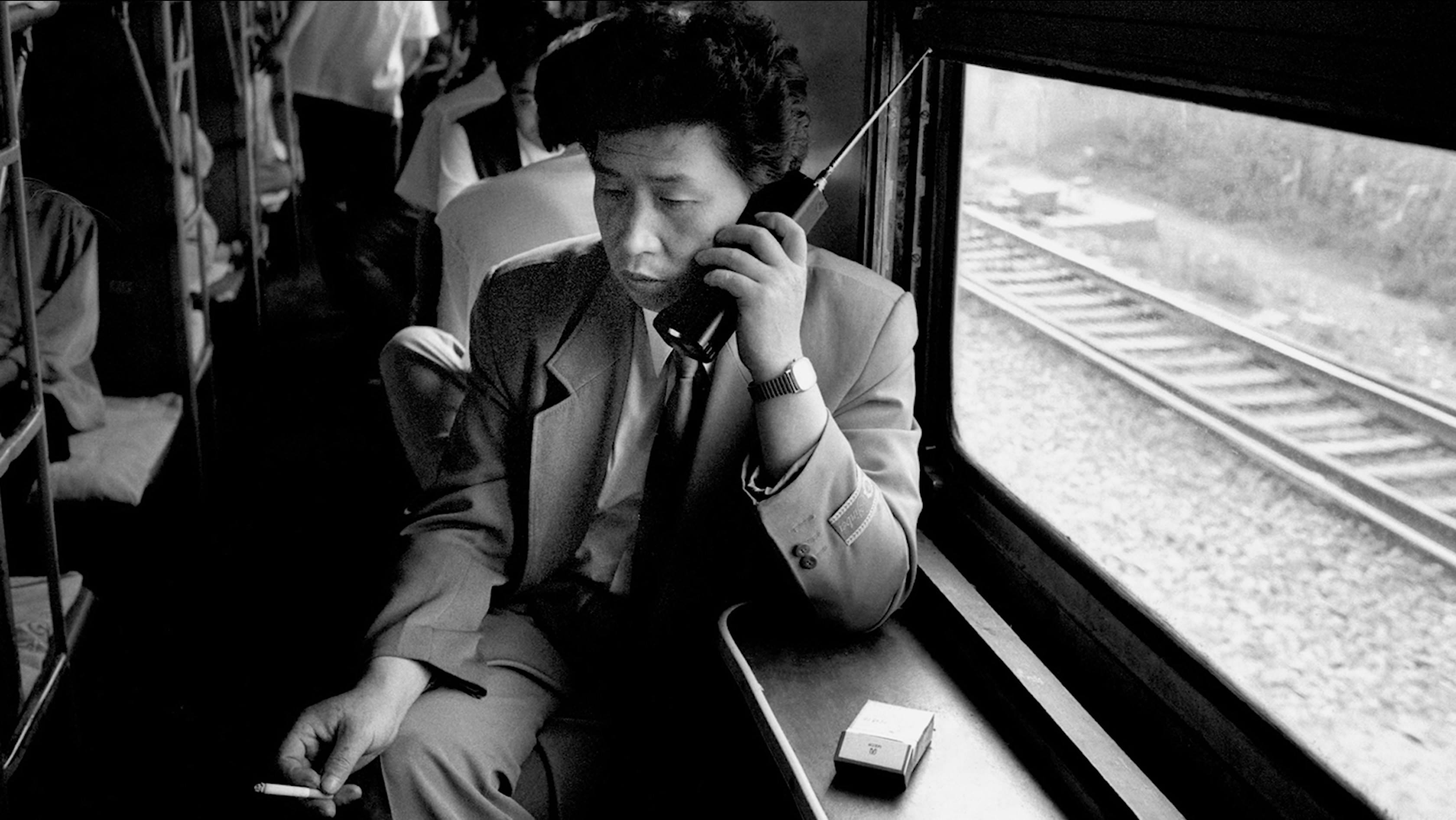
Cellular phones were the symbol of social status. /By Wang Fuchun
Cellular phones were the symbol of social status. /By Wang Fuchun
His photos also reflect the country's transformation. Green and steam locomotives have been replaced by bullet trains. People now carry smart phones and tablets instead of brick cell phones. "You can find traces of all eras on the train," says Wang.
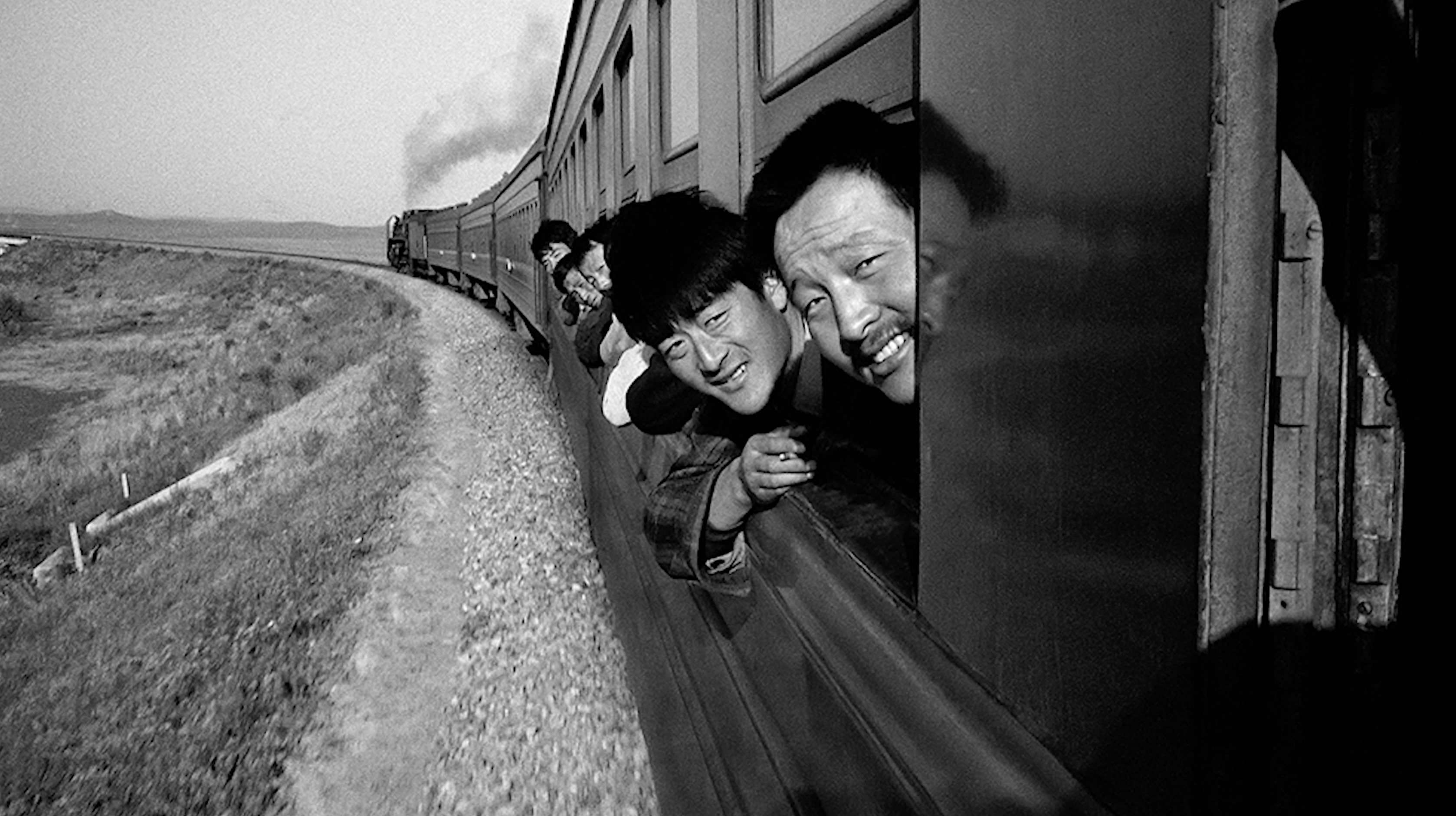
Chinese men peering out the window of a train. / By Wang Fuchun
Chinese men peering out the window of a train. / By Wang Fuchun
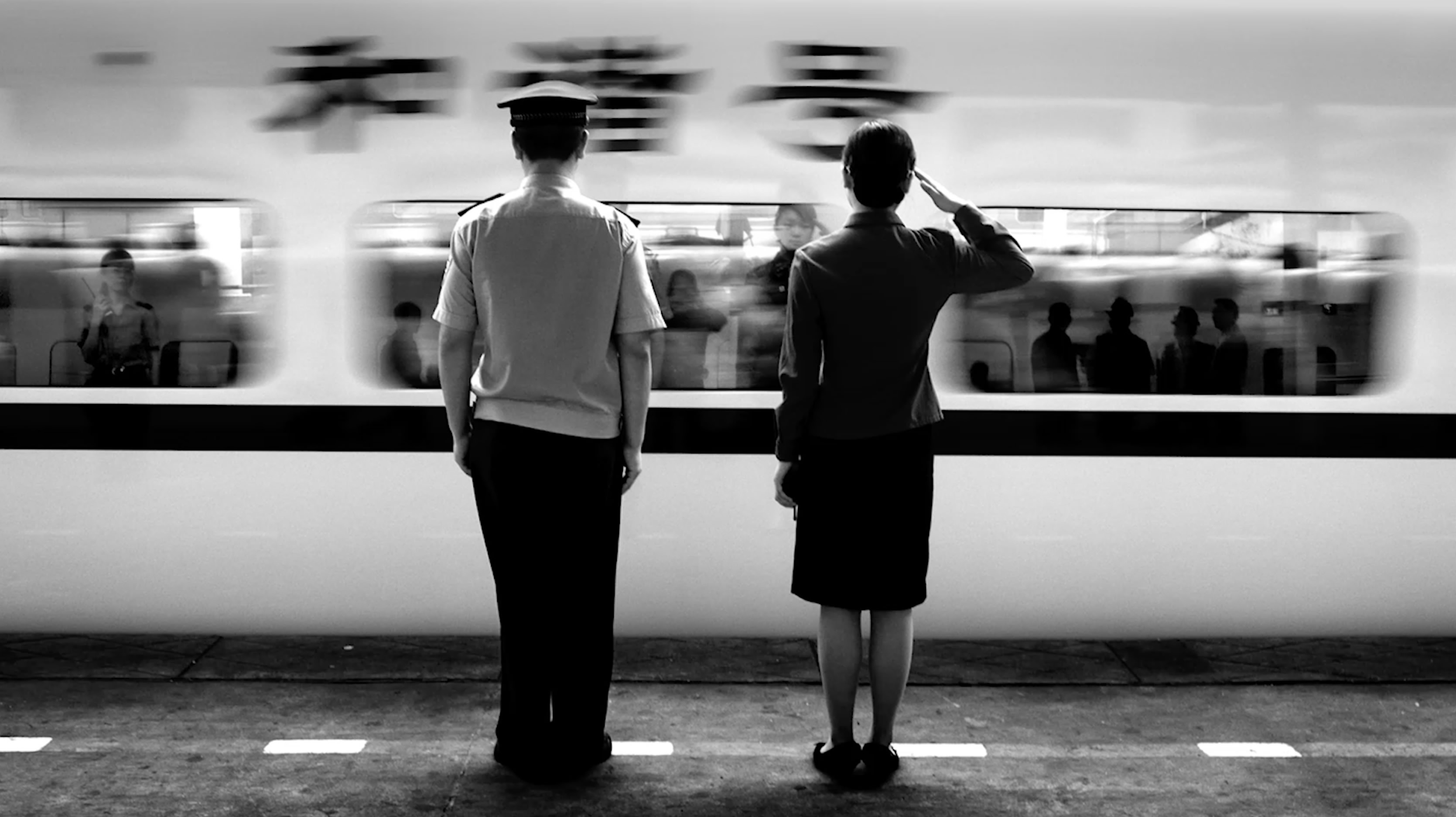
Fuxing, China's latest high-speed bullet train can go as fast as 350 kilometers per hour. / By Wang Fuchun
Fuxing, China's latest high-speed bullet train can go as fast as 350 kilometers per hour. / By Wang Fuchun
Nowadays, 74-year-old Wang Fuchun is still an active photographer. "Actually, I take photos on the train out of my affection," he explains. "Had it not for the affection for the railway, I couldn't have made it this far."
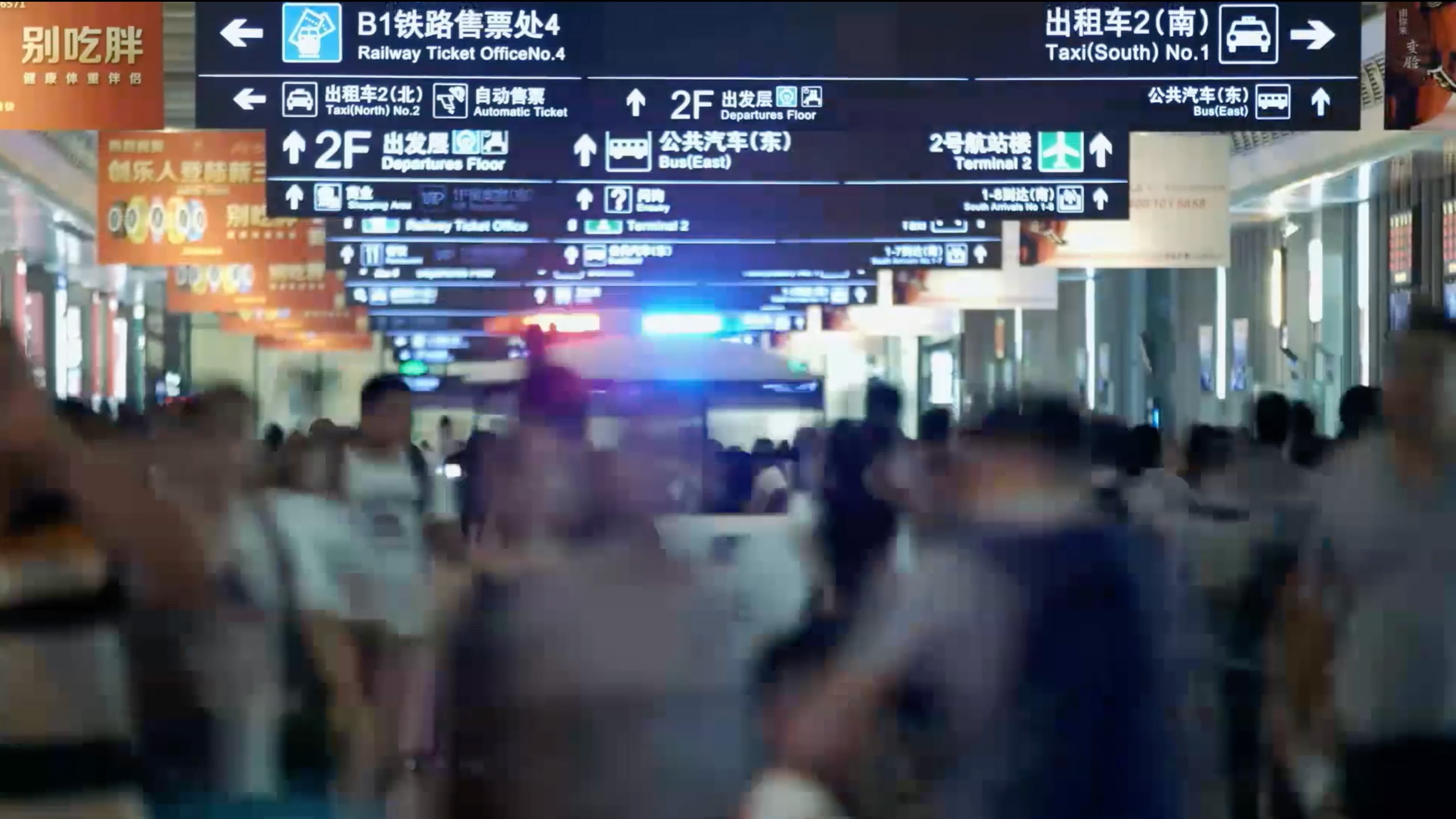
A crowded train station in modern China / CGTN Photo
A crowded train station in modern China / CGTN Photo
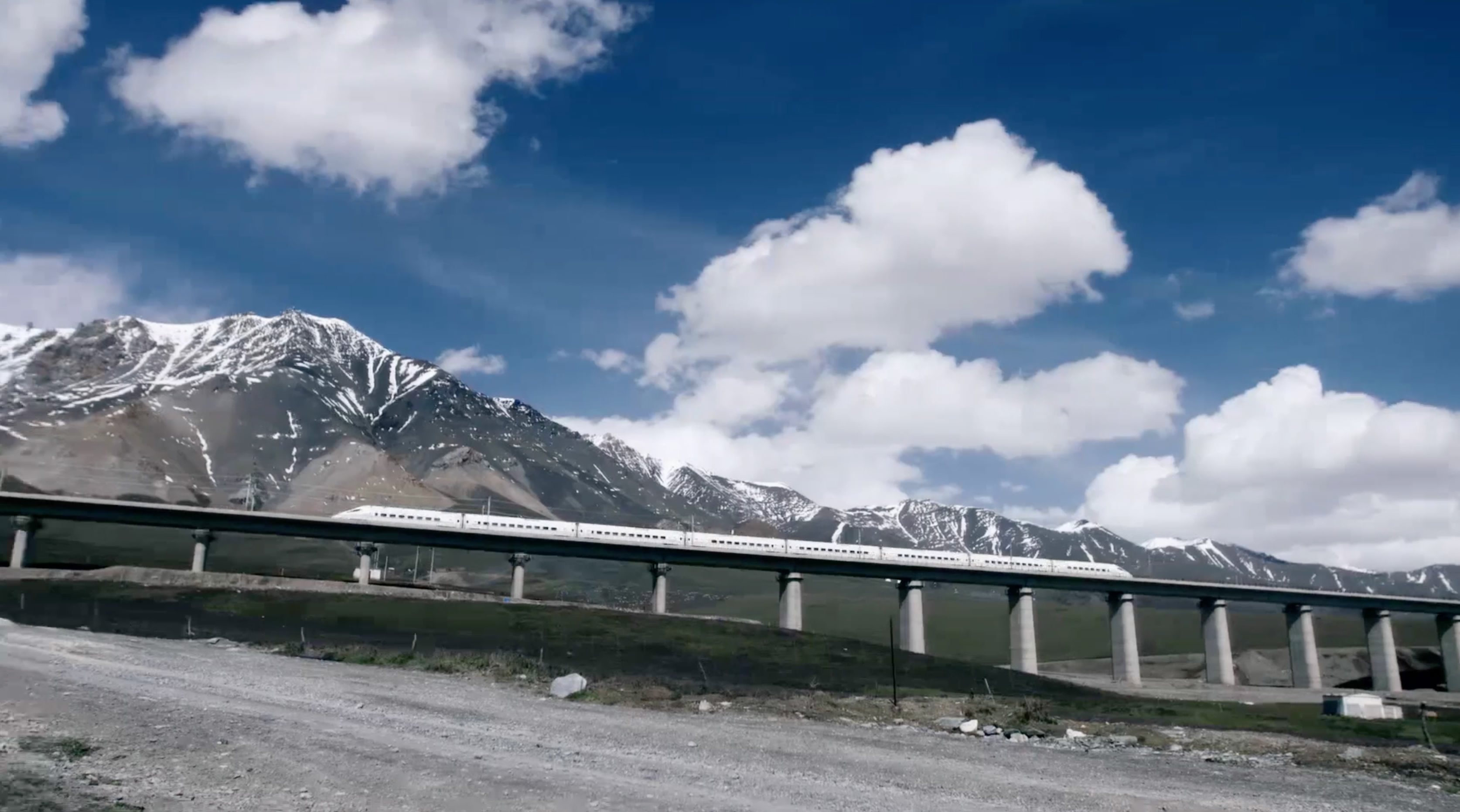
High speed rail in modern China / CGTN Photo
High speed rail in modern China / CGTN Photo
"You take a photo today, it will become history tomorrow. You can't repeat it, nor can others."
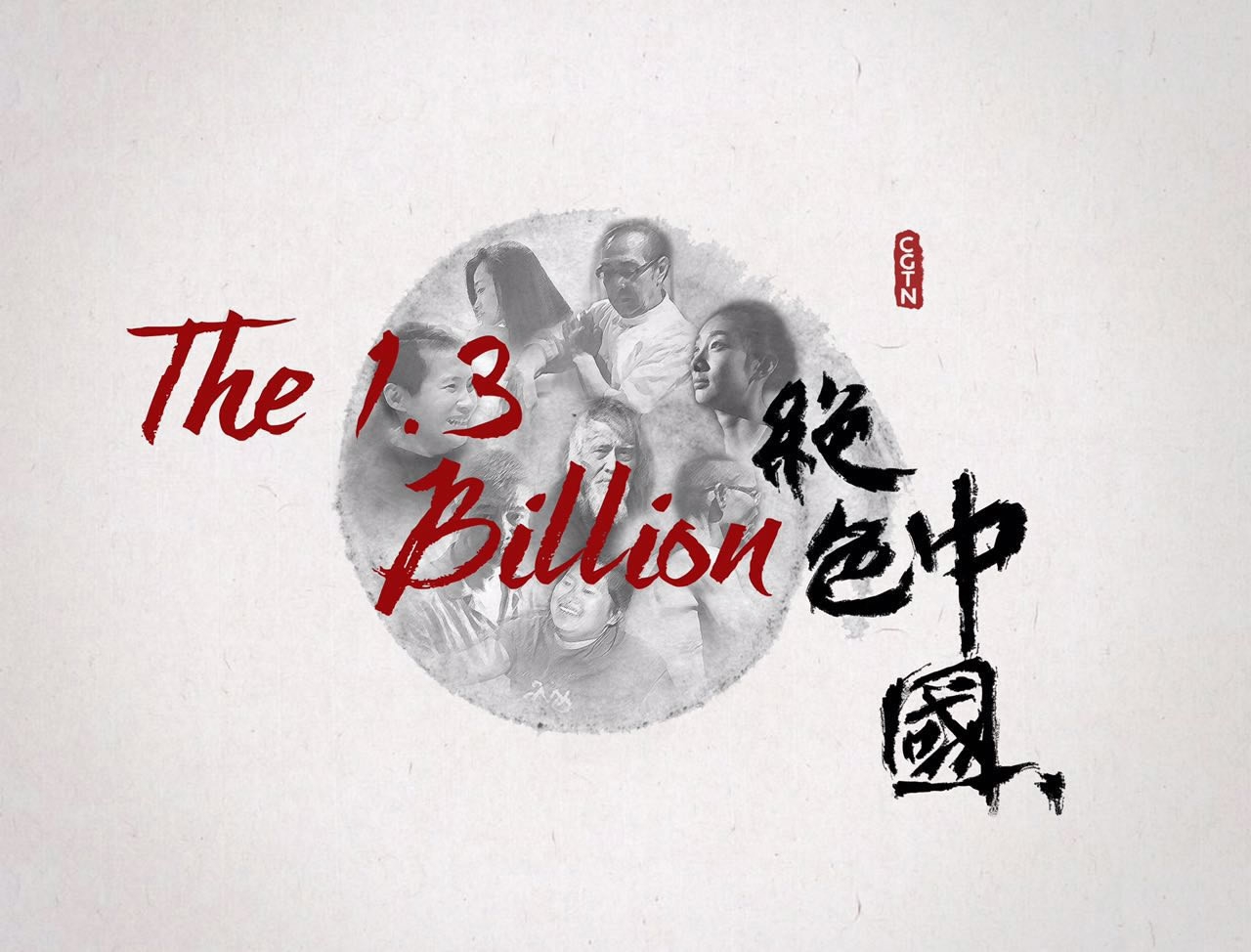
The story is part of the "The 1.3 Billion" series exploring the diverse lives that make up China.
The story is part of the "The 1.3 Billion" series exploring the diverse lives that make up China.

